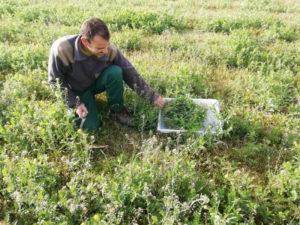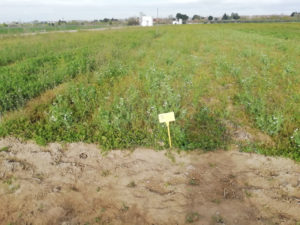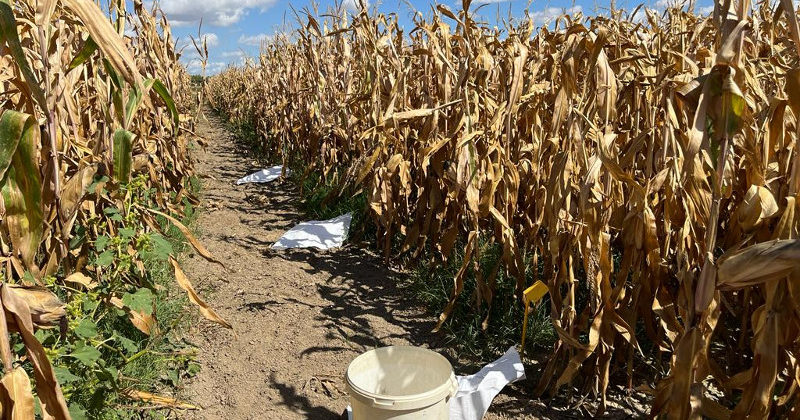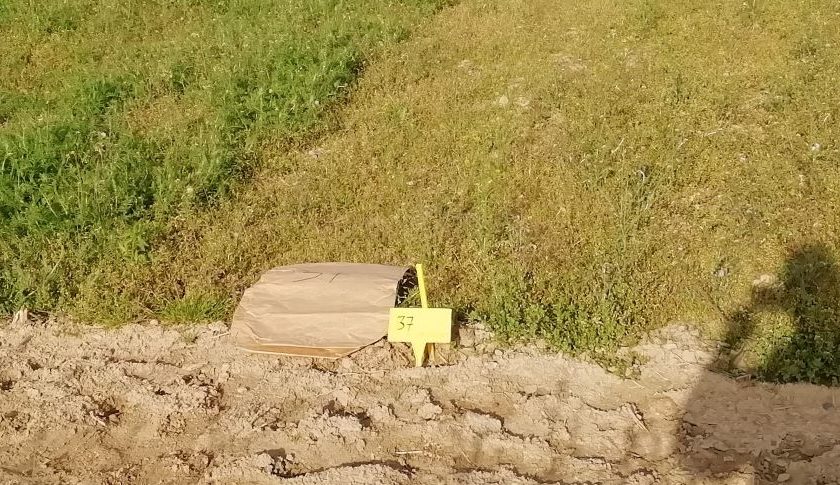On September 1 of 2022, a research project funded by the State Research Agency of the Ministry of Science and Innovation (Government of Spain) has been launched. The project falls within the area of agricultural and food sciences. It is a coordinated, oriented-research project participated by three institutions: the Aula Dei Experimental Station (CSIC), acting as coordinator, the University of Lleida (UdL), and the CITA of Aragón.

The general objective of the SintMed project is to evaluate tailored cropping systems in main field crops Mediterranean systems (winter rainfed, irrigated summer and irrigated winter) to foster crop production and, concomitantly, to preserve air, soil and water quality. The Sub-project carried out by the Agrifood Research and Technology Centre of Aragón (CITA, government of Aragón) group within the SintMed project will be conducted in the field crops farming systems of the middle Ebro valley (NE Spain), focused on the benefits of including winter legume cover crops (CC) in irrigated maize monoculture systems.

This maize in monoculture during successive years is relatively extended in irrigated areas of Aragón and in other Spanish regions due to its high productivity in absence of water limitations. The introduction of legume CC with an additional supply of nitrogen (N) from biological fixation allows reducing the applications of synthetic N fertilizer, and the associated greenhouse gas emissions derived from the industrial production of N and potentially other positive effects to the agrosystems. The objectives of the CITA subproject are: (i) to evaluate the effect of the introduction of different legume CC on maize productivity, nitrogen use efficiency, and total N fixed by the CC; (ii) to assess the effects of introducing legume CC on soil-quality related parameters (hydraulic properties, organic carbon, soil aggregate stability, microbial activity, and arbuscular mycorrhizal fungi populations) and weed populations during the maize growth period; and (iii) to calibrate and validate the DSSAT-CENTURY model to improve its predictive capacity of nitrogen mineralization derived from the use of legume CC and under different management options of CC termination. The principal researcher of the CITA subproject is Ramón Isla, and Jorge Álvaro-Fuentes (EEAD-CSIC) is the coordinator of the whole Project.


